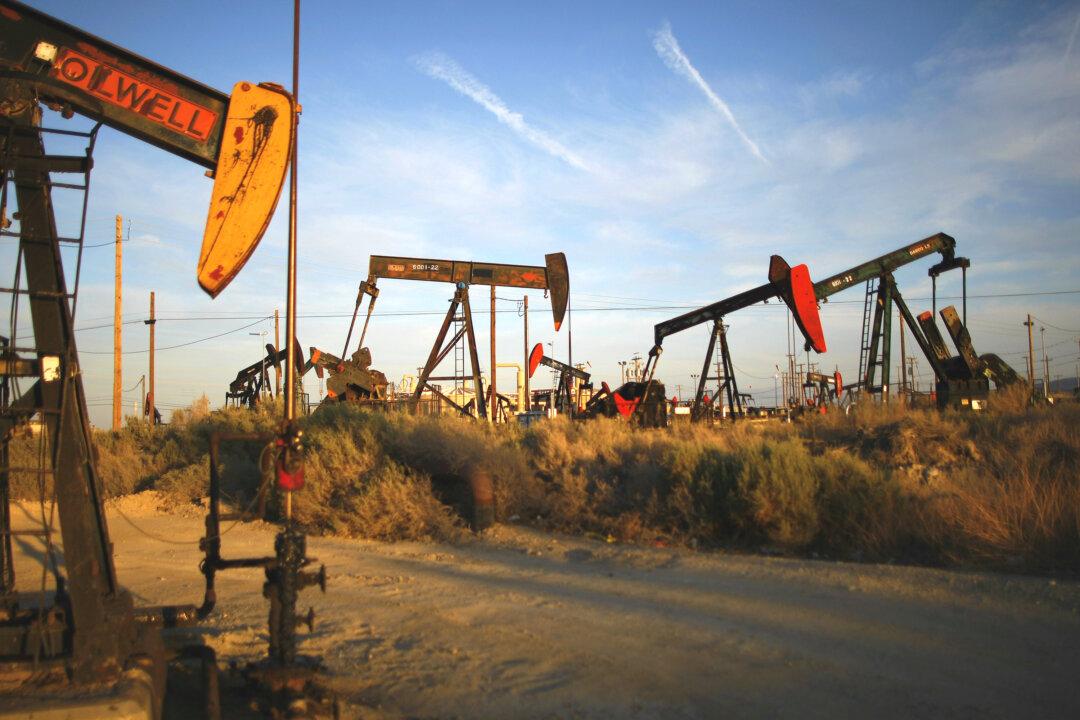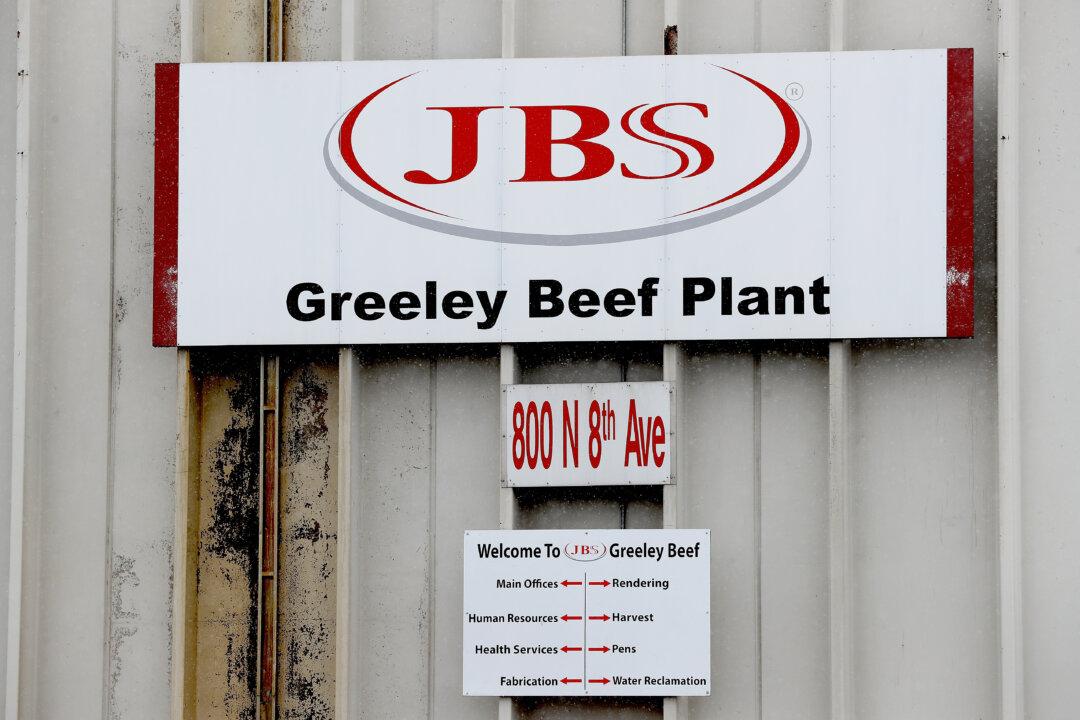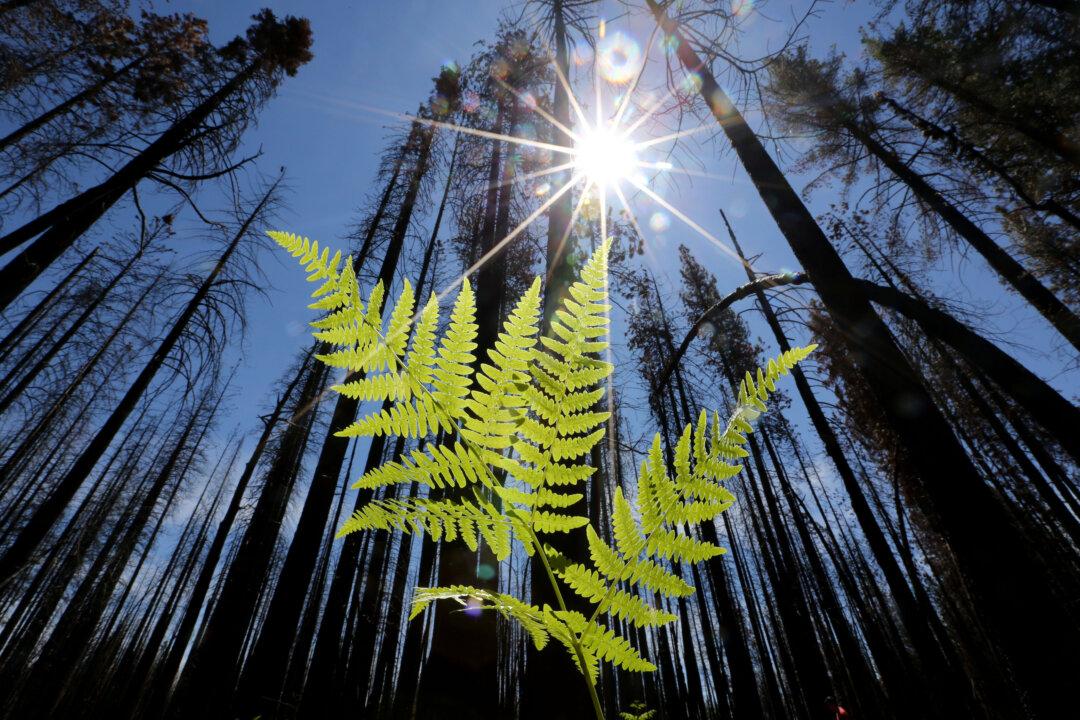California Gov. Gavin Newsom announced this week that he will direct the state’s Legislature to stop issuing permits for hydraulic fracturing by 2024.
The primary thrust of California’s N-79-20 executive order (pdf) is to ban the sale of new gasoline- and diesel-powered cars and trucks by 2035. However, the order also includes measures for making coordinated investments in passenger rail, transit, bicycle, and pedestrian infrastructure, and ceasing to allow new fracking plays in the state.





